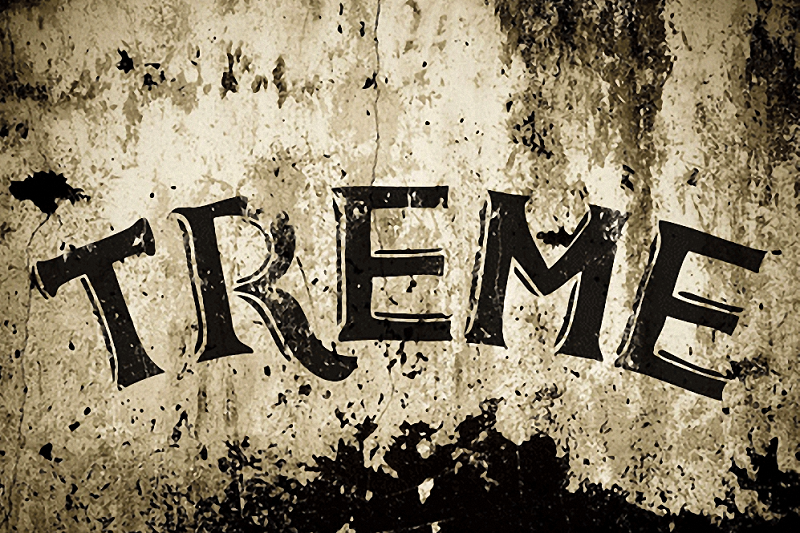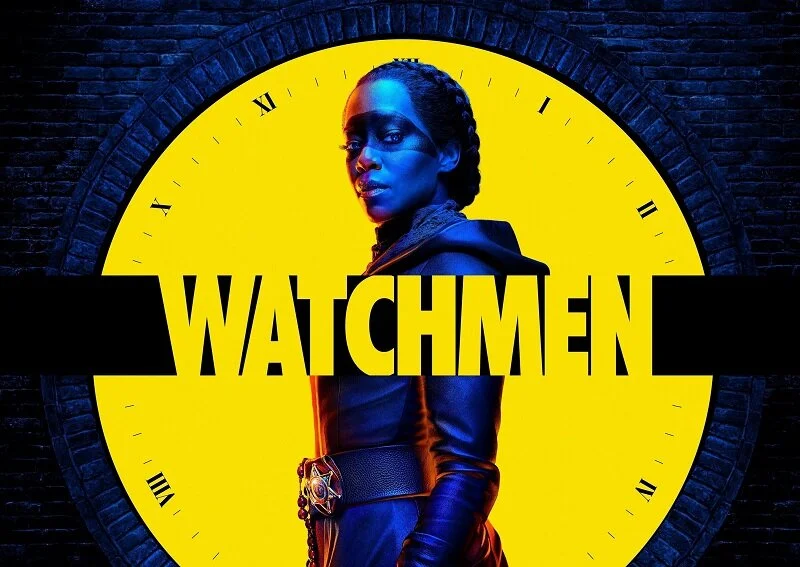The Reason HBO's Treme Wasn't More Popular
Treme. Image courtesy of HBO.
Watching David Simon’s HBO series Treme is like getting a lecture from Ted Mosby for 36 hours. Except instead of being lectured by a pompous blowhard about New York, the lecture is about how you don’t and can’t ever understand the authentic New Orleans. And, while the show certainly has some commendable points, receiving such a lecture is simply not enjoyable for the majority of humanity.
Treme is a very detailed historical recreation of New Orleans post-Katrina, and it develops a sprawling Altmanesque universe of mostly working class characters and follows them as they struggle to overcome political, bureaucratic, economic and social roadblocks and rebuild their community after a major disaster. It goes for exacting verisimilitude, hanging its hat on fine acting and deeply developed character work in an attempt to create an almost quasi-historical document about the resilience of society even in the face of institutional failures.
The show is basically plotless by design, as it seeks to be true to life – and life rarely conforms to a neat narrative structure. That is probably the main thing that separates Treme from Simon’s other iconic work, The Wire, to which it is inevitably compared. Both shows use excellent writing, sharp characterization, enormous attention to setting and detail in capturing the local flow and flavorof life in particular American cities – all in service of tackling sweeping and complex issues related to society, inequality and institutional structures in America. Yet The Wire frames all of that in the eminently watchable narrative structure of a cop show.
Treme, meanwhile, does all of those same things except the framing device is post-Katrina recovery. And therefore, instead of cops staking out drug dealers or longshoreman unions being infiltrated by international crime syndicates, the show’s major plot lines revolve around filing insurance claims and repairing leaky roofs. Again, this is by design – creators David Simon and Eric Overmyer knew what kind of show they were making, and I believe they made exactly the show they wanted to make, one that was free from narrative constraints and could explore these very real, if rather mundane, issues. Unfortunately, the kind of show this ends up being is one that is very boring, and very very slow.
I can respect what Simon is trying to do with Treme, and I think especially right now as the world confronts an enormous social and economic disaster that is going to wipe out everyone in similar fashion to what Katrina did to New Orleans, this story of social resilience and the pathways to recovery in the face of devastation is particularly resonant. But I just couldn’t get into it, because at the end of the day whether someone is able to successfully file an insurance claim or not is better left to a show like PBS’s Nightline. And the prospect of watching 36 episodes of a meandering, plotless lightly fictionalized Ken Burns documentary while constantly getting lectured to about “authentic” New Orleans Ted Mosby was, in the end, just too much for me.



